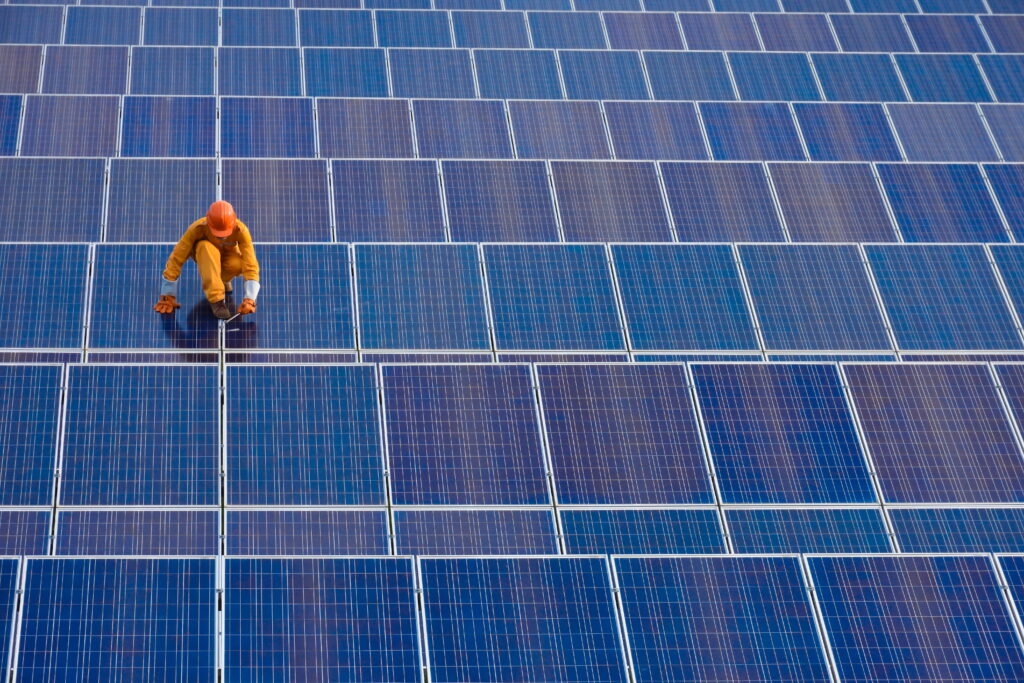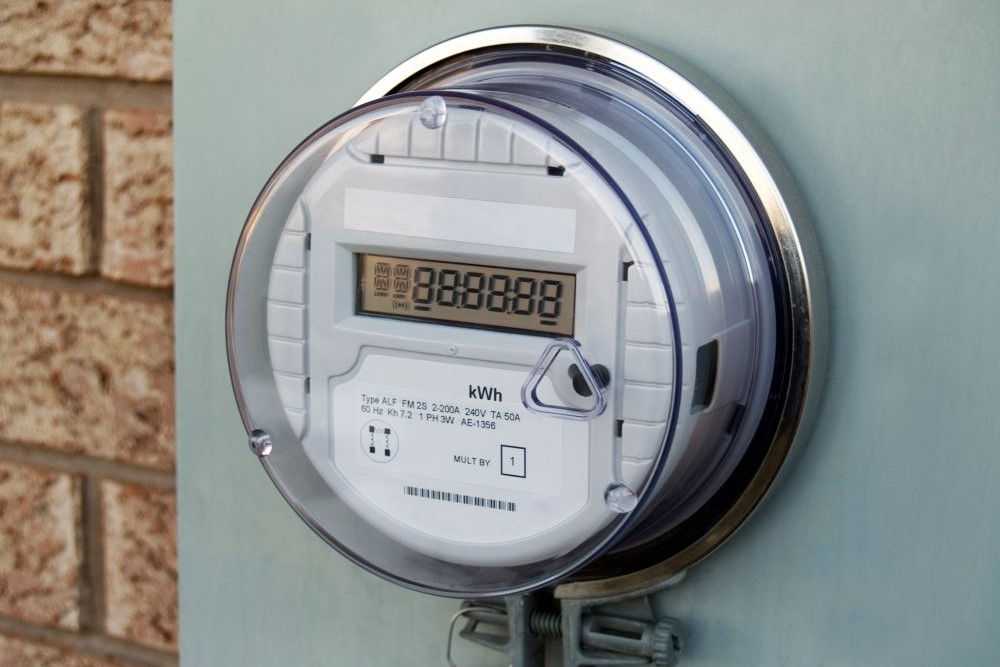Shell considers exiting Spanish renewables market
Global energy giant Shell is looking to exit Spain’s renewables sector after amassing a 3 GW pipeline of solar projects in the country, sources familiar said.
The London-headquartered oil and gas major has been reaching out informally to investors to see if there is interest in acquiring its Spanish solar PV assets, either built or under development, according to the sources. It has not formally mandated any advisors yet, however.
The projects are said to be mostly under development, with Shell having won capacity at auctions and secured land over the past few years, according to the sources.
A Shell spokesperson declined to comment specifically on the potential disposal or its timeline, but said that the company “is always seeking ways to create more value with less emissions from across its portfolio” and that it is “continuously monitoring the external landscape and reviewing our market presence to maximise value of our existing power portfolio”.
Shell, which established its Spanish renewable power presence back in 2018, has since then signed agreements with developers to advance a pipeline of solar projects that has reached more than 3 GW, according to Infralogic data.
In 2022, it signed a deal to acquire a platform from Spanish renewables investor Green Tie Capital to develop over time a portfolio of solar PV assets in the country with a capacity of more than 2 GW.
The move, part of plans to scale up its renewable energy presence in Spain, was followed by the acquisition in 2023 of a 1.1 GW solar portfolio from local solar developer Isemaren.
The potential disposal takes place amid a complex landscape for Spain’s solar PV sector, with deals being delayed or shelved and difficulties to find offtakers for power purchase agreements (PPAs).
It also follows a major blackout in April this year – which was initially blamed on reliance of solar power, although other causes emerged later.
Industry body Solar Power Europe said last week that the blackout and the following government investigation highlight the need “for accelerated investment in grid resilience and system flexibility – especially through grid-forming inverters and battery storage”.











